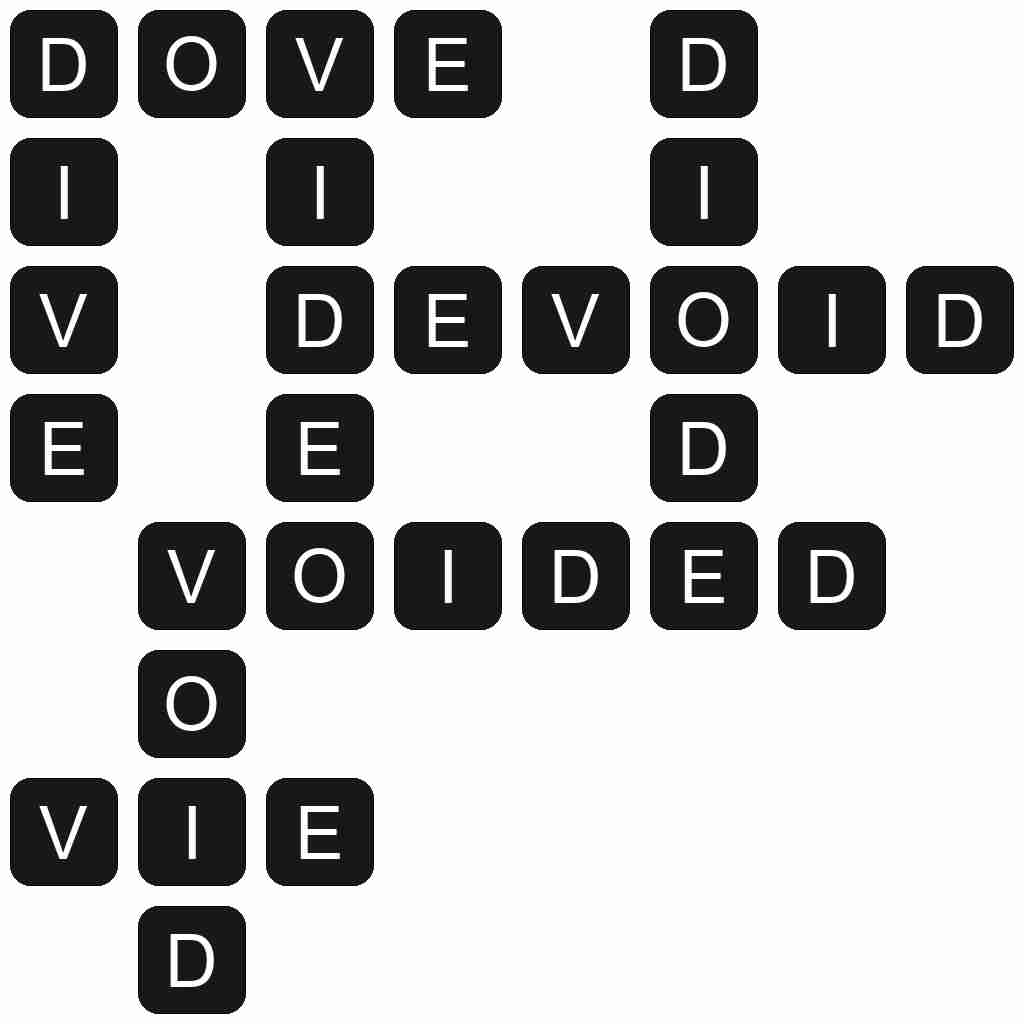
Introduction
Words are the cornerstone of human communication, shaping our interactions and influencing societal norms. The significance of choosing the right words extends beyond mere conversation; it holds the power to inspire, provoke thought, and drive change. As we navigate through the complexities of modern life, understanding the power of words is more crucial than ever in fostering effective communication and community engagement.
Importance of Words
In various fields, from politics to literature, the choice of words can drastically affect outcomes. Politicians often use rhetoric to persuade and mobilize voters, while authors employ language to evoke emotions and convey themes. In recent times, the rapid evolution of digital communication has transformed how words are understood and interpreted, leading to new challenges like the spread of misinformation through social media.
Current Trends in Language Use
The COVID-19 pandemic has highlighted the importance of clear communication. Public health officials have emphasized the need for precise language to ensure that vital information reaches the public. Keywords such as “social distancing” and “flattening the curve” have become ingrained in everyday vocabulary, showcasing how words can shape public behavior and attitudes during crises. Additionally, the rise of inclusive language reflects societal shifts towards greater awareness and acceptance of diversity.
Impact of Words on Society
The implications of language extend into social justice movements as well. Words can amplify voices for equality but can also perpetuate stereotypes and bias. The #MeToo and Black Lives Matter movements have demonstrated how language can empower communities and inspire widespread activism. As conversations about race, gender, and equity evolve, the demand for thoughtful and intentional language continues to grow.
Conclusion
Understanding the profound impact words have in our lives cannot be overstated. As citizens in an increasingly connected world, it is imperative to recognize how our language shapes cultural narratives and personal connections. With the rise of digital platforms, individuals have the opportunity to share their voices more than ever. However, with this power comes the responsibility to communicate thoughtfully and effectively. As we look ahead, fostering a culture that values mindful word use can lead to more empathetic and informed communities.



